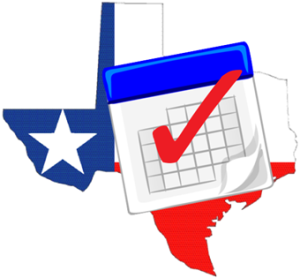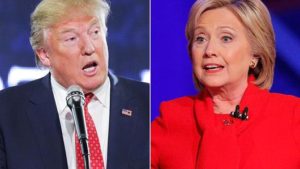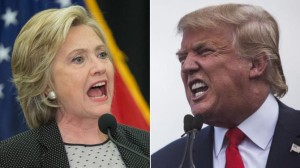Is this the strangest election year you’ve seen since, oh, The Flood?
Consider, then, what just might be coming down the road in Texas, this place where Republicans rule from horizon to horizon and where Democrats seem to have been placed on a witness protection list.
Hillary Rodham Clinton just might — with the help of her probable Republican Party presidential campaign opponent — be able to make this state competitive in the upcoming election.
You can stop laughing now.
Hear me out.
GOP nominee-in-waiting Donald J. Trump appears to be doing everything he can to anger Latino voters. It all started with that hideous campaign launch in which he declared his intention to build a “beautiful wall” along our border with Mexico to keep out the rapists, murderers and drug dealers who, he said, were being sent here by the Mexican government.
Then just the other day he singled out an Indiana-born federal judge who Trump said “hates” him. The judge has a Latino name. Trump called him “a Mexican.” Uhh, no. He’s not. The judge is as American as Trump.
How does this play in Texas? The state’s largest minority group is Latino, who also are the fastest-growing demographic group in the state.
Just suppose the Latino population turns out in massive numbers after hearing the constant barrage of statements that the Republican nominee has made about them. Suppose that Clinton’s campaign team taps into that anger with a concerted effort targeted at reminding that voter bloc of what lies ahead for the country if Trump gets elected president.
http://www.texasmonthly.com/burka-blog/clinton-plans-play/
Granted, history hasn’t been good for Democrats in Texas. The state’s Latino population so far hasn’t turned out to vote in numbers commensurate with its enormous potential impact.
Erica Grieder, writing for Texas Monthly’s Burka Blog, notes: It seems that empirical evidence on campaigning in Texas deserves an asterisk too, because Clinton has now declared her intention to do something no Democrat has attempted recently: compete in a general election in Texas with the goal of winning. Barack Obama didn’t allocate serious time or resources to try to win the state’s electoral votes in 2008 or 2012.
My earlier prediction — such as it was — that Clinton might score an Electoral College sweep this fall is looking less and less possible, given recent polling data showing a tightening race across the nation.
However, consider this: If Clinton does make Texas a competitive state and closes to within spitting distance of Trump, then she’s likely to win those states that now are deemed too close to call.
Therefore, if Texas does flip from R to D, then I suggest we just might see a blowout in the making on Election Day.
And yes, I can hear you laughing now.



